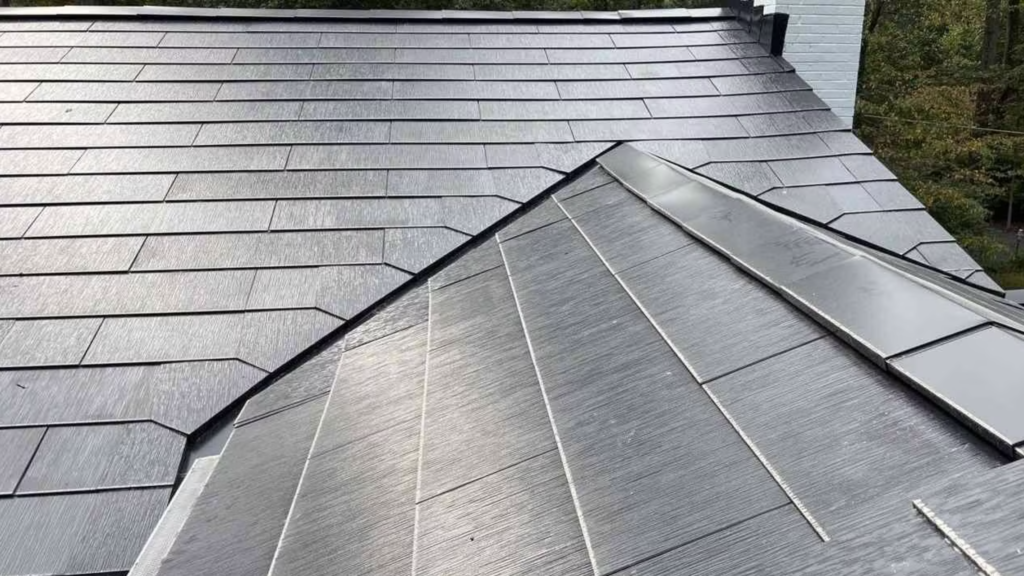Solar Rebates in Colorado: 2025 Guide to Saving on Your Solar Investment
Investing in solar energy in Colorado has never been more advantageous. With a combination of federal incentives, state programs, and local rebates, homeowners can significantly reduce the cost of solar installations. This guide will walk you through the various opportunities available in 2025 to maximize your savings, including solar rebates in Colorado.
Federal Solar Tax Credit in 2025
The federal government offers a substantial incentive for solar installations through the Investment Tax Credit (ITC).
30% Tax Credit for Solar Installations
In 2025, the ITC allows you to deduct 30% of your solar installation costs from your federal taxes. This credit applies to both residential and commercial properties and covers expenses related to equipment, labor, and installation. For example, if your solar system costs $20,000, you could claim a $6,000 tax credit, effectively reducing your out-of-pocket expense to $14,000.
Eligibility and Rollover Provisions
To qualify, you must own the solar system, have it installed during the tax year, and pay taxes. The ITC is non-refundable, meaning it can reduce your tax liability to zero but won’t result in a refund. However, any unused portion of the credit can roll over to the next tax year, allowing you to fully benefit even if your tax liability is less than the credit amount.
Colorado State Solar Incentives
Beyond federal incentives, Colorado offers additional programs to make solar energy more accessible and affordable.
Property Tax Exemption for Solar Installations
Installing a solar system increases your property’s value. Fortunately, Colorado provides a 100% property tax exemption for this added value. This means your property taxes won’t increase due to the installation of a solar energy system, allowing you to enjoy the benefits without additional tax burdens.
Sales Tax Exemption on Solar System Purchases
Colorado exempts solar energy equipment from the state’s sales and use tax. This 100% exemption reduces the upfront cost of your solar investment, making the transition to renewable energy more affordable.
Net Metering Programs
Net metering allows you to send excess energy generated by your solar panels back to the grid in exchange for credits on your utility bill. Colorado mandates net metering for investor-owned utilities, ensuring you receive fair compensation for the surplus energy your system produces. This arrangement can significantly offset your electricity costs over time.
Local Colorado Solar Rebates
Various local utilities and organizations in Colorado offer rebates to encourage solar adoption.
Xcel Energy Solar*Rewards Program
Xcel Energy provides the Solar*Rewards program, offering performance-based incentives for residential and small business customers. Participants receive payments based on the amount of energy their solar systems produce, adding a continuous revenue stream alongside energy savings.
Holy Cross Energy Rebates
Holy Cross Energy offers rebates to its customers installing solar systems. For systems under 6 kilowatts (kW), the rebate is $250 per kW, and for systems between 6 kW and 25 kW, the rebate is $100 per kW. This upfront incentive reduces the initial investment required for solar installations.
Energy Smart Colorado
Energy Smart Colorado provides rebates ranging from $500 to $2,500 for solar installations in participating counties. These rebates, combined with other incentives, can substantially lower the cost of going solar. It’s advisable to check with Energy Smart Colorado for specific eligibility requirements and available funding.
Black Hills Energy Solar Power Program
Black Hills Energy offers performance-based incentives, paying $0.038 per kilowatt-hour (kWh) for the energy your solar panels produce over the first 10 years. This program provides an ongoing return on your investment, enhancing the financial benefits of your solar system.
Integrated Solar Roof Systems and Eligibility for Incentives

Innovative products like the GAF Energy Timberline Solar Roof, CertainTeed Solstice Shingle, and Tesla Solar Roof integrate solar technology directly into roofing materials. These integrated systems qualify for the same federal and state incentives as traditional solar panels. The federal tax credit can apply to the entire cost of the integrated solar roof, including both the energy-producing components and the roofing materials. This comprehensive coverage can lead to significant savings on both your roofing and energy expenses.
Calculating Your Savings
Understanding the financial impact of these incentives helps in planning your solar investment.
Factors Affecting Total Installation Costs
Several factors influence the cost of your solar installation, including system size, equipment quality, labor costs, and your home’s energy needs. Obtaining quotes from multiple reputable installers can ensure you receive competitive pricing tailored to your specific requirements.
Average Payback Period for Solar in Colorado
The payback period is the time it takes for your energy savings to equal the initial investment. In Colorado, considering the available incentives and the state’s ample sunlight, homeowners often experience a payback period of 7 to 10 years. After this period, the energy produced is essentially free, providing ongoing savings.
How to Claim Solar Tax Credits
Properly navigating the process of claiming tax credits ensures you receive all eligible benefits.
- Documentation Requirements: Maintain detailed records of your solar installation, including contracts, invoices, and receipts. This documentation is essential when filing for tax credits and rebates, as it substantiates your expenses and compliance with program requirements.
- Filing Process for Federal and State Credits: To claim the federal solar tax credit, complete IRS Form 5695 and submit it with your federal tax return. For state incentives, procedures may vary, so consult the Colorado Department of Revenue or a tax professional to ensure accurate and timely filings.
- Importance of Proper Timing and Installation Dates: The eligibility for certain incentives depends on the installation date of your solar system. Ensure your system is operational within the specified timeframes to qualify for the desired credits and rebates. Planning your project timeline accordingly can maximize your financial benefits.
Unlock Significant Savings with Solar Energy in Colorado
Embracing solar energy in Colorado in 2025 offers numerous financial benefits through federal tax credits, state incentives, and local rebates. By understanding and leveraging these opportunities, you can make a well-informed investment that reduces your energy costs and contributes to a sustainable future.
Ready to explore how solar energy can benefit your home? Contact J&K Roofing today for a free consultation and take the first step toward a brighter, more energy-efficient future. We offer a variety of solar roofing options, including Timberline Solar, CertainTeed Solstice Shingle, and
Tesla Solar Roof.

